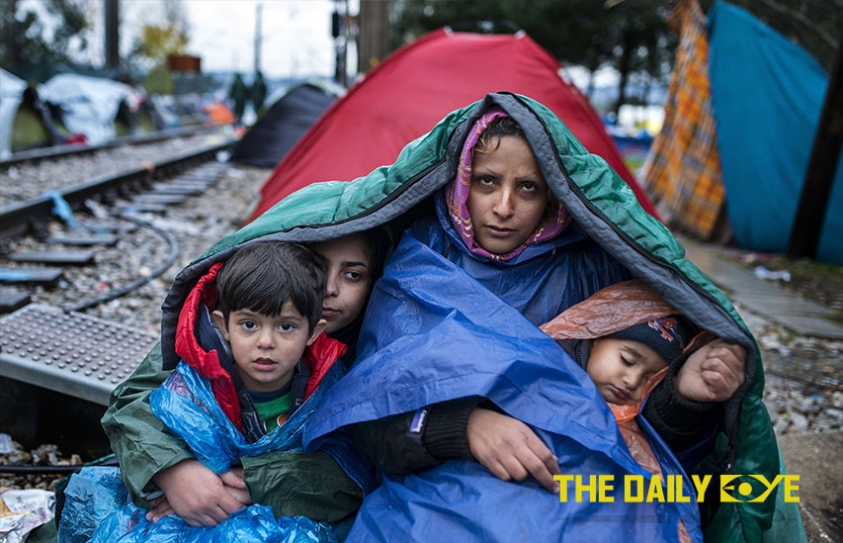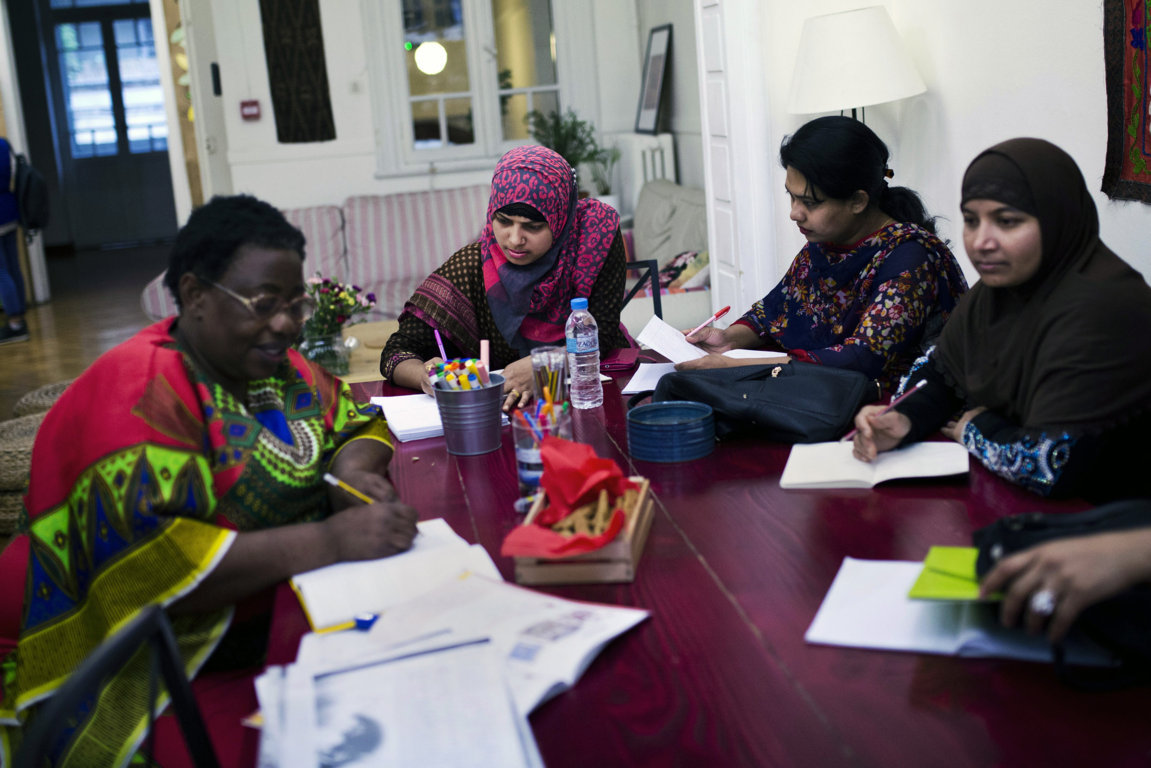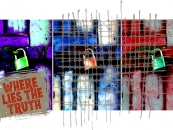
Remedying a Greek Tragedy
by Revati Tongaonkar November 17 2017, 6:18 pm Estimated Reading Time: 2 mins, 56 secsIn a small corner of Athens in Greece, everyday, a group of migrant women gather- not to formulate protests or prepare speeches, but to teach.
Classes range from serious topics- women's rights and laws, to practical ones- coding, cooking and the Greek language; and include a measure of the arts as well. They are taught by migrants, and the students comprise of refugee girls and women, who have escaped abject poverty and war to arrive on European shores.

The courses are run by an organisation called Melissa Network. Started by Dr. Nadina Christopoulou in July 2015, Melissa Network was established to collaborate between several NGOs working in the city, and to provide aid to refugees who arrive on Greek shores. The organisation is specifically for female refugees, and is run completely by women workers- most of whom are migrants themselves. The name is allegorical- Melissa means 'worker bee' in Greek; and it is a reference to bees in a beehive, which are always female.
The Independent ran a story about Melissa Network, chronicling the journey of the not-for-profit. The aim of the organisation is to help the refugees get integrated within Greek society, and find employment. The workers train immigrant women in useful skills, and help them cope with the trauma of leaving behind homes and families, and starting afresh in a new land, something which the migrants can empathize with. Classes in Women's Rights and laws are also carried out, and act as an eye-opener- several of the women are unaware that what they have endured is a severe violation of their natural rights.
It has not been easy- Greece is currently reeling from the worst economic crisis in decades, with extremely low rates of employment and high budget cuts. Against a backdrop of severe financial shock, Greece has to deal with millions of refugees who come to Europe as a means of escaping war or inhuman living conditions. Most of them come from Syria, Afghanistan, Iran or Somalia- nations with ongoing conflicts, enter Europe via Greece after crossing over in boats. They are now stranded on Greek shores because of other European nations closing borders to immigrants. With the natives themselves out of jobs, the general feeling towards refugees has not been of overwhelming hospitality, often becoming a scapegoat for the country's troubles, as the New York Times had reported.
The refugees that arrive, though, are often in no state to help themselves. Torn from their homes, and running away from sure shot death, many are in shock, attempting to come to terms with their surroundings and to analyze the situation. Several of them lose or get separated from their families as a part of the process, and remain stranded unable to work or live in dignity.
It is people like these that Melissa Network aids. Working with several other organisations in the city, it acts as a haven for immigrants, offering literacy support and psychological counselling as well. Speaking to Amnesty International, Nadine had said that we need to think of refugees as victims and humans, rather than just a 'passive recipient' of service. She wishes to prove that immigrants can, perhaps, help the country out of the rut, and act as an active agent in changing the financial scenario.
And the network has been successful- Melissa now offers small loans to entrepreneurs, to enable them to set up businesses as well. In a world which seems increasingly driven by hate and greed, it is heart-warming to this small beacon of hope attempt to light up lives.




-173X130.jpg)
-173X130.jpg)
-173X130.jpg)
-173X130.jpg)

_(7)-173X130.jpg)
-173X130.jpg)
-173X130.jpg)